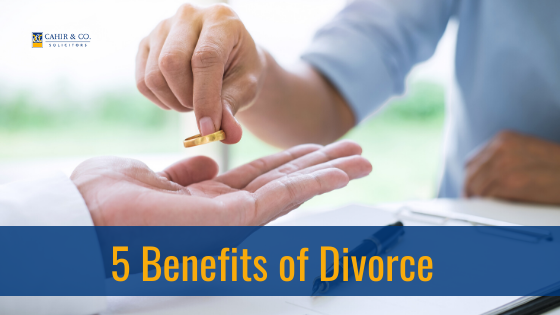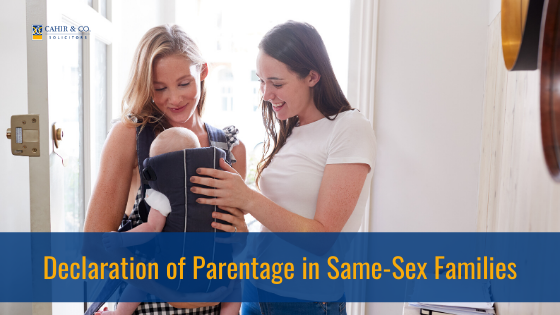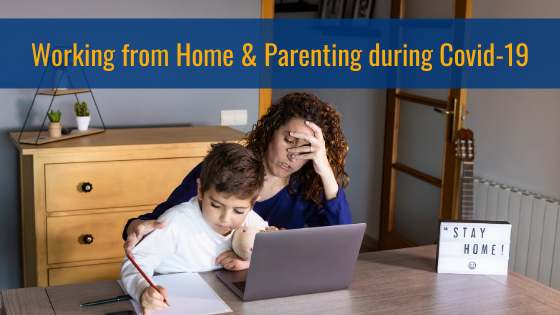When do engagement and wills come in the same sentence? Find out what you need to consider after you’ve popped the question.
Selecting a venue, wedding menu tastings and making a will in anticipation of your marriage should all go hand in hand. The Beetles may have thought that ‘All you need is Love’ but when it comes to an inheritance that’s not exactly true if you are just engaged and you do not have a Will made. But newlyweds have no assets I hear you say – a large percentage of newlyweds own their own homes. Some have 2 homes where they resided separately and now have decided to retain one as a rental property. All engaged couples have some jewellery to mark the occasion many rings or shared tokens have sizeable values and savings which you may be building for the wedding, honeymoon, deposit on a house. So often it’s the obvious that engaged couples overlook.
Getting engaged is a significant event and you intend to own your assets jointly. While practical considerations are not the main reason most people get married, marriage does give protection to a spouse and children on death where there is no Will whereas a cohabiting together does not give automatic inheritance rights as marriage does. Succession planning when you get engaged merits your consideration especially if it is your intention for your fiancée to inherit all that you have. To ensure that your new finance, the person that may be cohabiting with you alone or with children, will be taken care of and provided for you must make a will. You may be newly engaged or newlywed but you may have been married before, you may have children from a previous relationship, your partner may have children from a previous relationship and delaying making a will could have adverse consequences if an unforeseeable event arises and you are still single in the eyes of the law. Your parents will inherit if they are still alive if your parents are deceased your siblings will inherit equally between them.
Putting a ring on it does not determine the who inherits your property. Making a will is the only way to ensure that what you own at the time of your death goes to whom you wish to have it.
A Will is like a pension make it early and make it often!
Here’s some considerations for engagement and wills
MAKING A WILL BEFORE MARRIAGE
When a person dies without having a will in place the law intervenes and decides how the assets and valuables of the deceased person are to be distributed. If you die without making a will, you are said to die intestate. If that happens, your money and property get distributed following the rules set out in the Succession Act, 1965. These rules that decide the distribution of your assets in the absence of a will are commonly called the laws of intestacy. Your estate will be legally inherited by your next of kin. The Succession Act sets out the order of your next of kin in categories of proximity for inheritance. If you are single and your parents one or both are still living, they will inherit your estate. If neither of your parents is alive, your siblings will be deemed your next of kin, and they will share in your estate equally. Contact a wills lawyer for more information.
CELEBRATING AN ENGAGEMENT
Announcing your engagement is an exciting time, but the law doesn’t do emotion. Engagement and wills should go hand in hand. Even if you are engaged the law does not recognise your fiancée you are deemed to have died single and what you own if you die without a will goes to your next of kin (blood relative). If you have made a Will in anticipation of marriage and named your fiancée, they will inherit your assets your fiancée. Many engaged couples choose not to marry for a few years, so making a will or reviewing your existing will to add each other is essential. As couples are marrying older these days, most have property they own individually or joint property and they should have a will to cover including an engagement ring. If you have a property in your sole name or perhaps other personal valuables you wish another person to specifically benefit from on your untimely death then ensure you make a will as part of the next stage of your life together particularly as being engaged does not give your partner any rights or entitlements to your property.
MARRIAGE REVOKES A PRE-EXISTING WILL
A Will is automatically revoked if it exists before marriage or civil partnership unless it is made in contemplation of that specific marriage.
When a Will is “made in contemplation of marriage” Section 85(1) of the Succession Act provides that, “a will shall be revoked by the subsequent marriage of the testator, except a Will made in contemplation of that marriage, whether so expressed in the will or not.” It is not enough to expect to marry in general, or sometime in the future – you must expect to marry a specific person and in a reasonable amount of time. Your will, if you update it after your engagement, would be made in contemplation of your marriage to your fiancée. Consider if you made a Will as a single person or after a Divorce and you are going to marry the Will you had made in the intervening years with specific bequests in it for others other than your fiancée will not be valid if you marry and do not update you will. The Law does this to protect the status of the new spouse.
MAKING A WILL WHEN COHABITING
Making a Will is especially important if you are a cohabitating couple. Cohabitants do not possess the same legal rights and obligations as married couples. Cohabitants are defined in the Civil Partnership and Certain Rights, and Obligations of Cohabitants Act 2010 as two same-sex or opposite-sex adults are who are living together in an intimate and committed relationship. Given the limited legal recognition of your relationship, your partner will not automatically receive your assets unless they are on extraordinarily good terms with your family, or they are prepared to launch costly and draining court proceedings against your family to ensure that they receive support.
A financially dependent cohabitant has a right to apply to the courts for redress if the relationship ends as the result of death, but there are strict criteria to be met to qualify for compensation and be awarded a financial contribution from your partner’s estate. A married couple has the benefit of not only knowing they can inherit any value from each other without paying inheritance tax on it they also have the knowledge that they are entitled to an automatic legal share of their spouse estate should their spouse not make a will or indeed seek to cut them out entirely. Even if a Will gives a spouse less than they are entitled to; your surviving spouse can automatically request their legal entitlement to a one-half share of the value of your estate if you have no children. If you have children, the surviving spouse can claim a one third value share of your estate if they have been excluded in your will or receive less than their legal share in your will.
The inheritance tax implications for a cohabiting couple are more onerous than that of a married couple due to zero inheritance tax between spouses. So if marriage is a long way off or not on the cards do not underestimate the necessity of making a Will.
PROVIDING FOR YOUNG CHILDREN
Whether you are Cohabiting or married this question is most common with young couples on the birth of their firstborn child. A trust will can be put in place until your youngest child reaches the age of 18 years of age or upwards, providing for their children while the family plans on growing in numbers. Wills are often completed in favour of the spouse in the event of a single fatality and appointing caregivers and guardians and trustees for the children in the unforeseen event of a double fatality.
It is critical to provide a roadmap for loved ones for young children. This gives clarity as to who is to step into the parent’s role as guardians for caregiving. Nominating executors and trustees to manage your assets if an unforeseen tragedy arose and both parents passed away is especially important to give powers to the persons appointed by you to manage the assets for the benefit and future of your children.
I often meet young moms and dads who regularly say they put making a will on the long finger. Who will care for the children in my absence? Whom will I nominate as executors and guardians? As a will can be written, rewritten and reviewed many times over, don’t let these questions be a reason to not to make a will now. The key to a successful succession plan is to plan and prepare for all eventualities. All ages and stages of your life journey should embrace estate planning.
Congratulations if you have just got engaged or you are planning on getting married soon. It’s important to make a will so a gift to celebrate with you Cahir and Co Solicitors will make both Wills for the newly engaged couple for the cost of one (185.50 including 23% VAT) *
Contact us to book a consultation.
* terms and conditions apply






